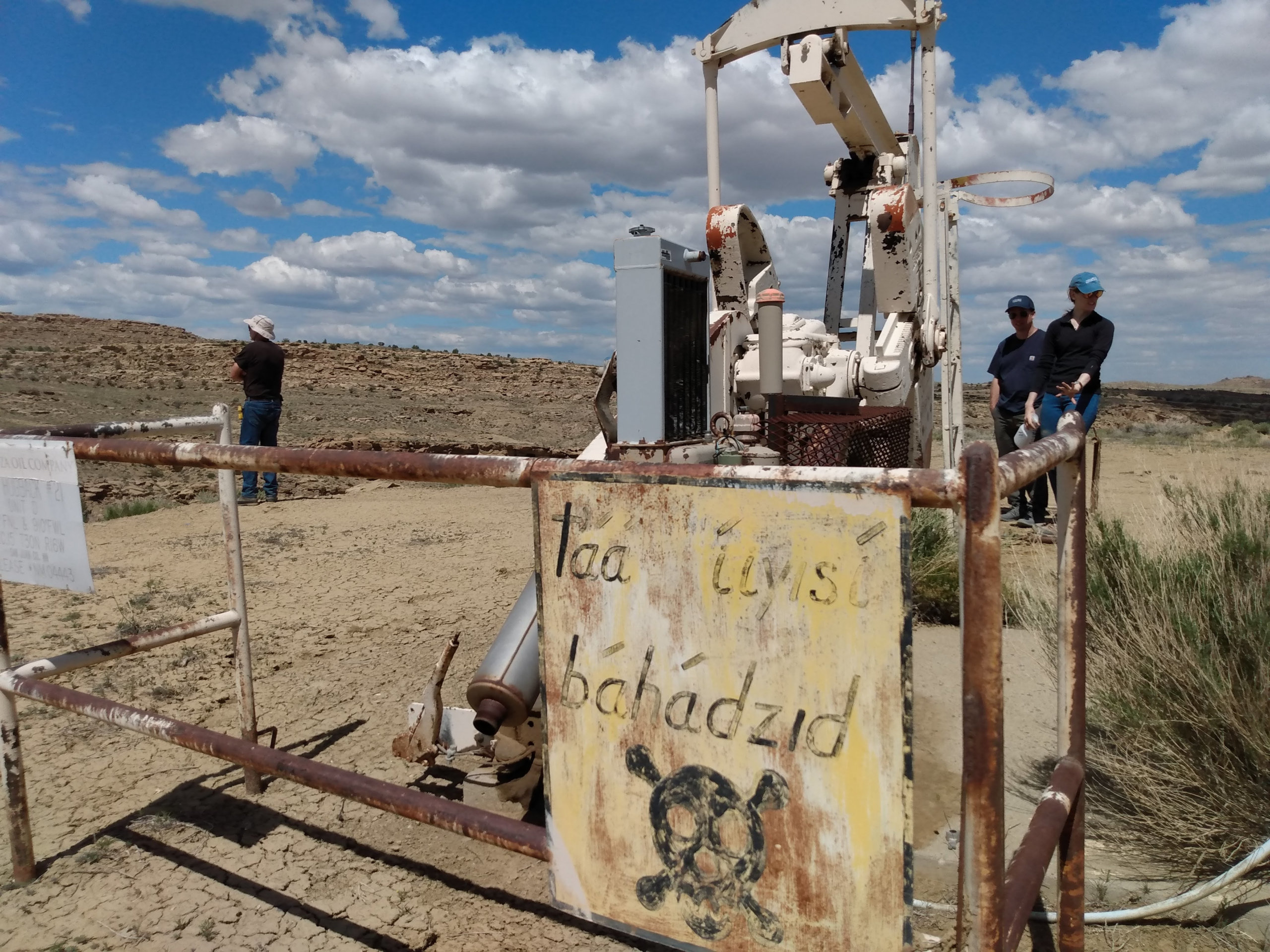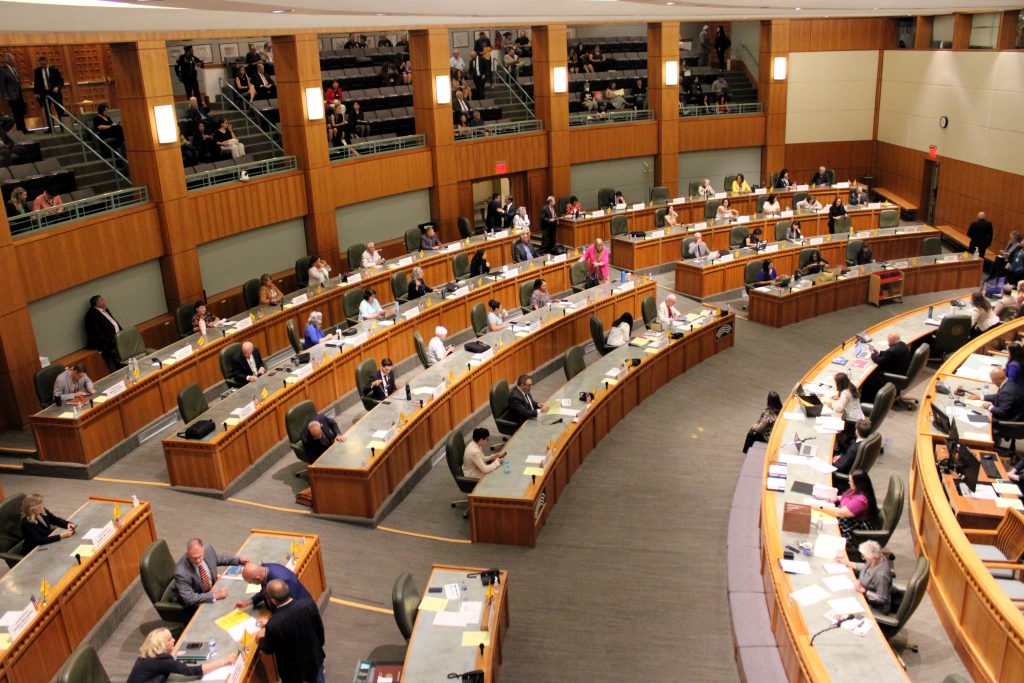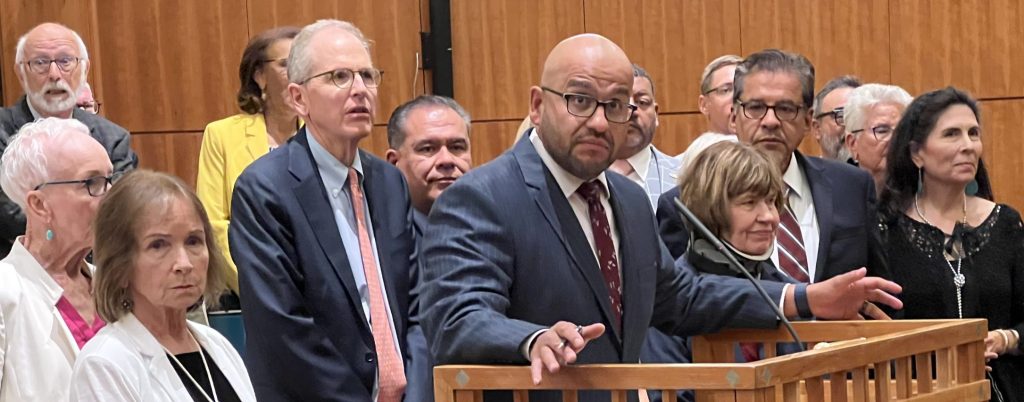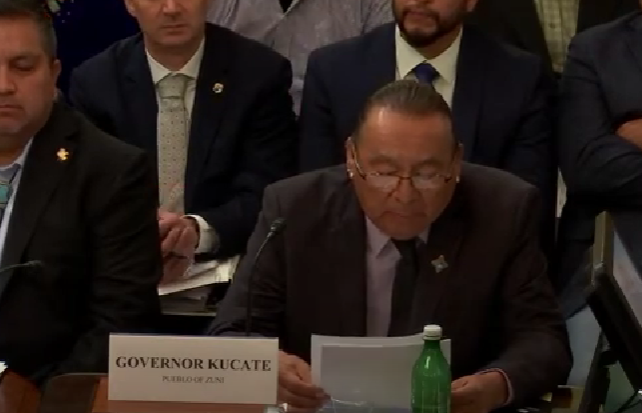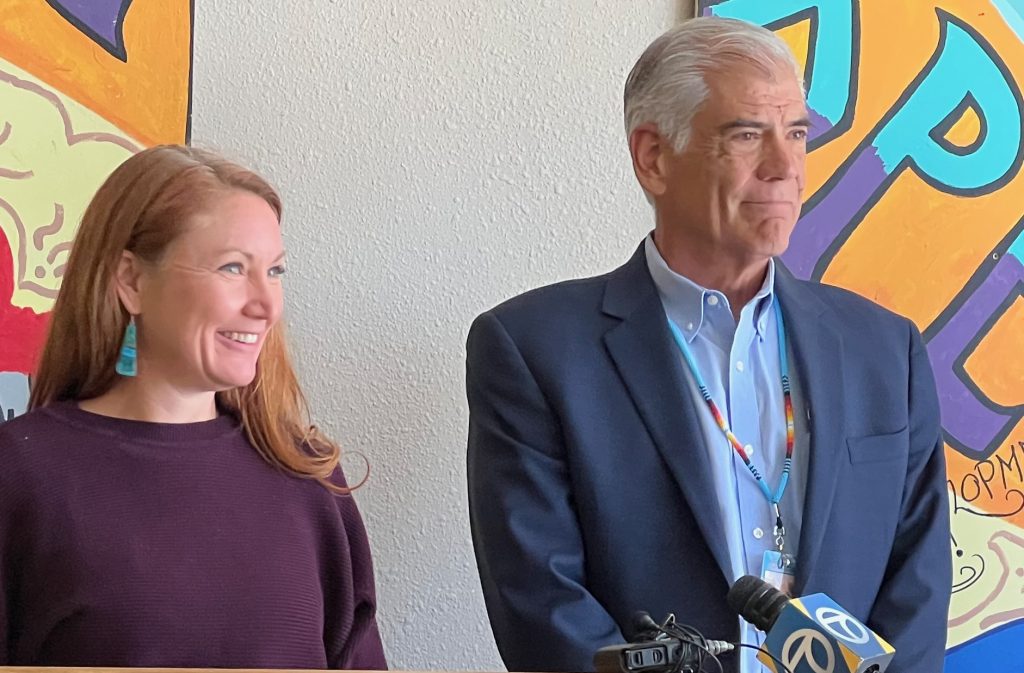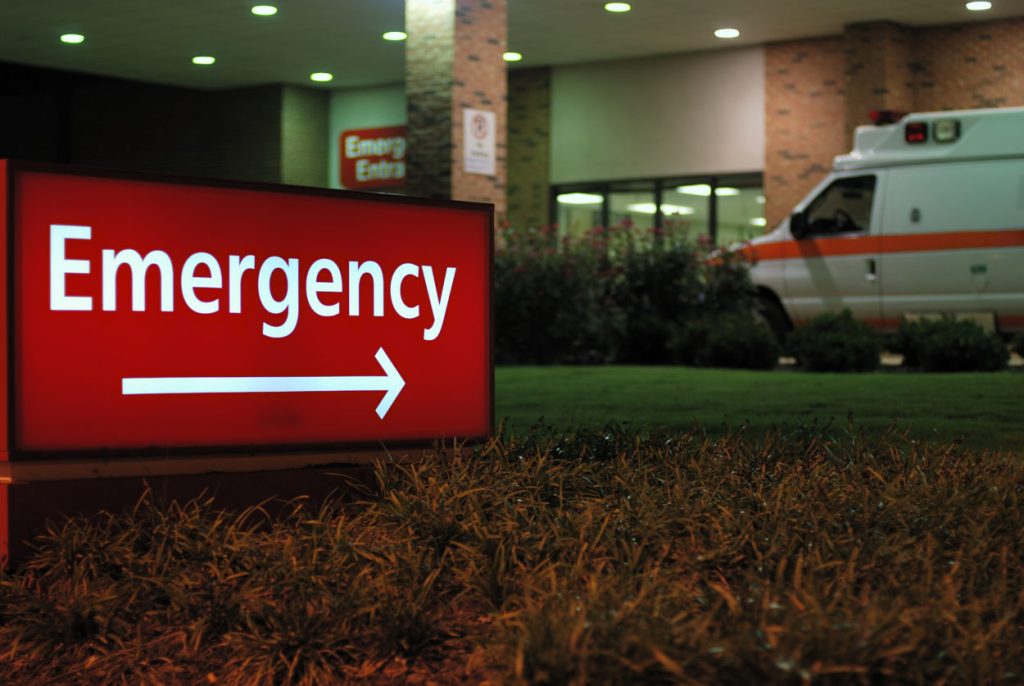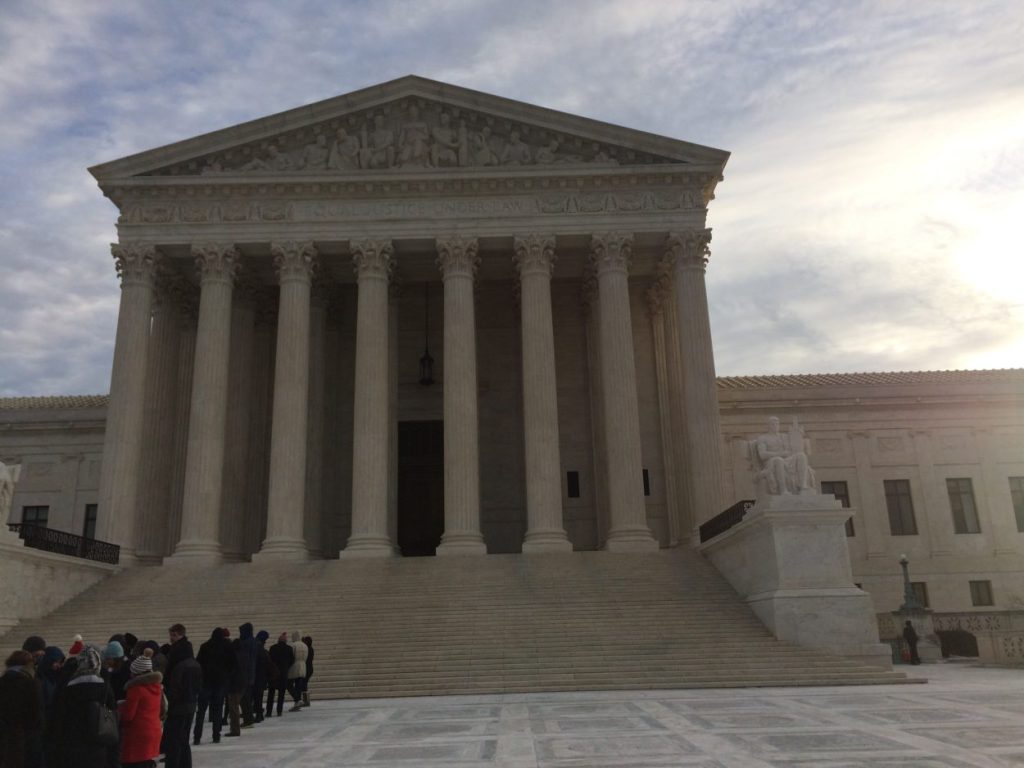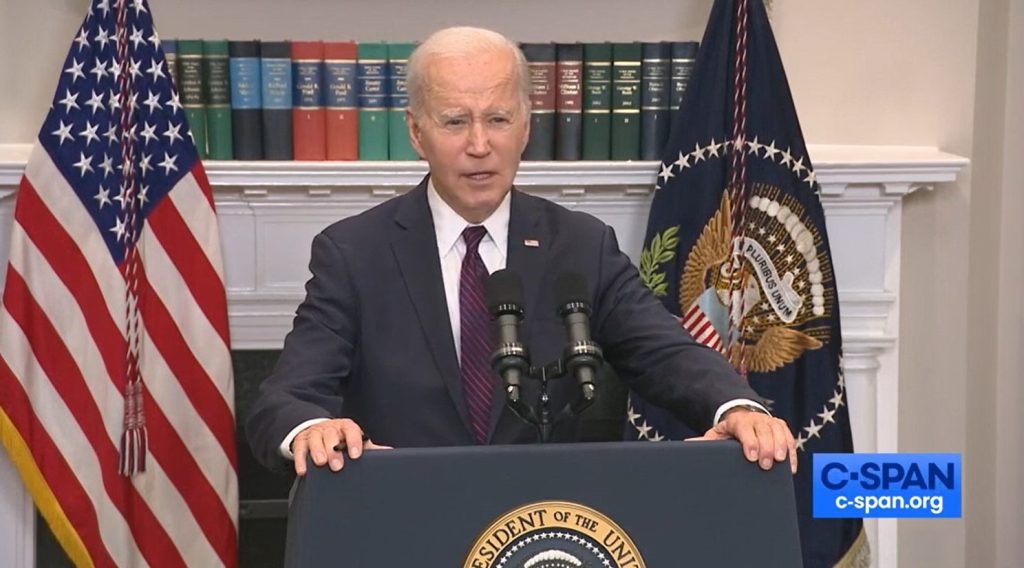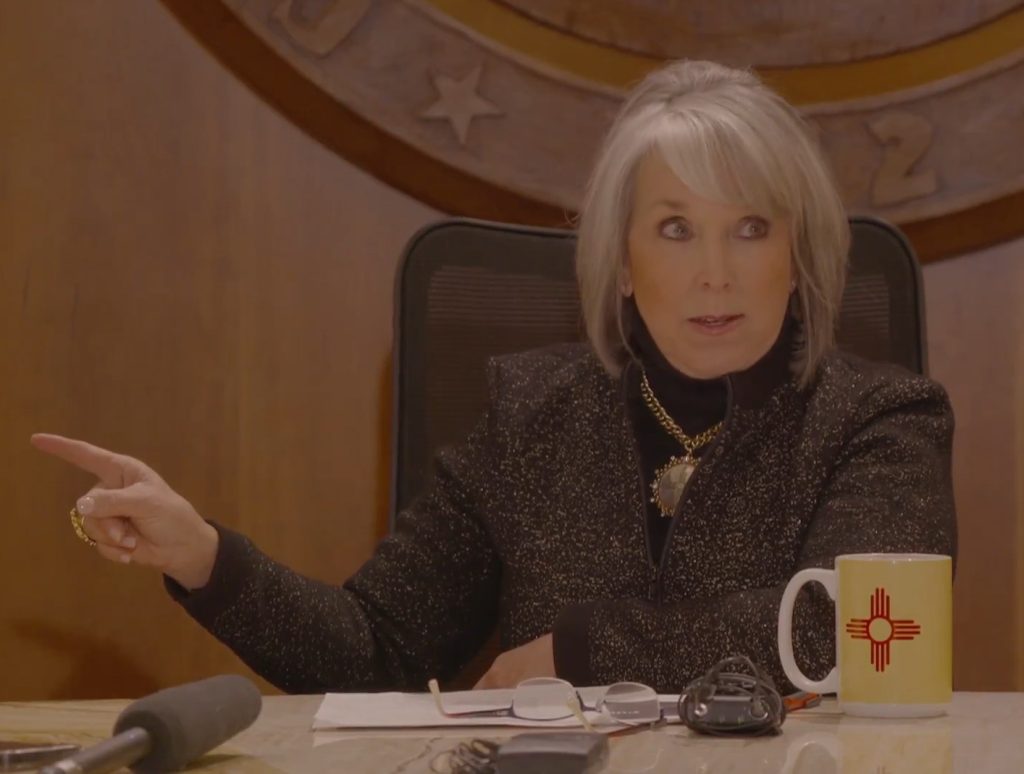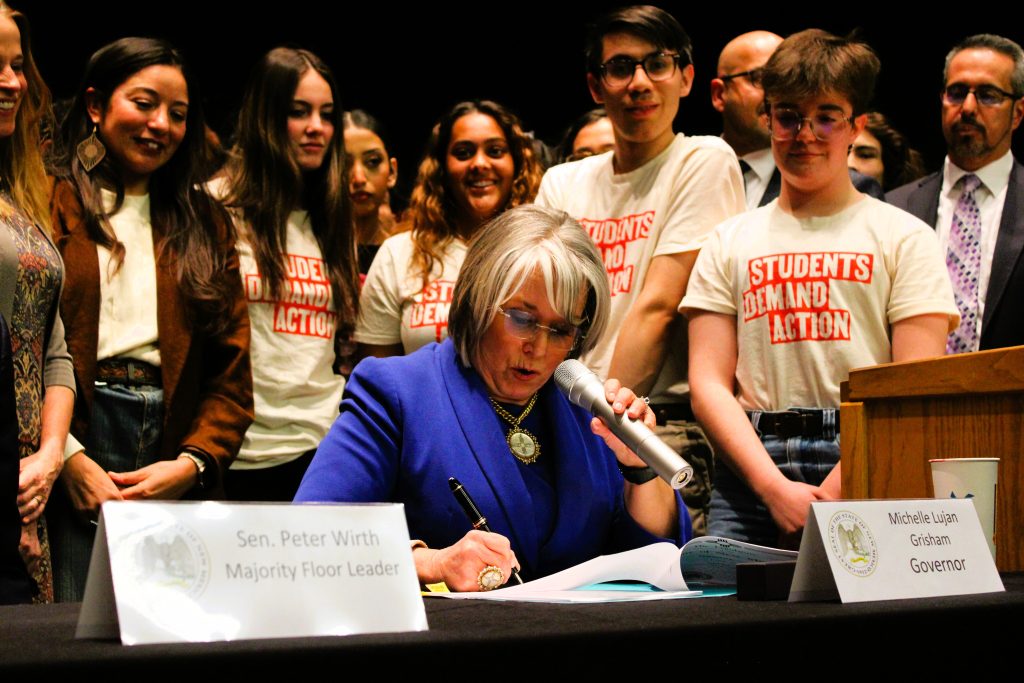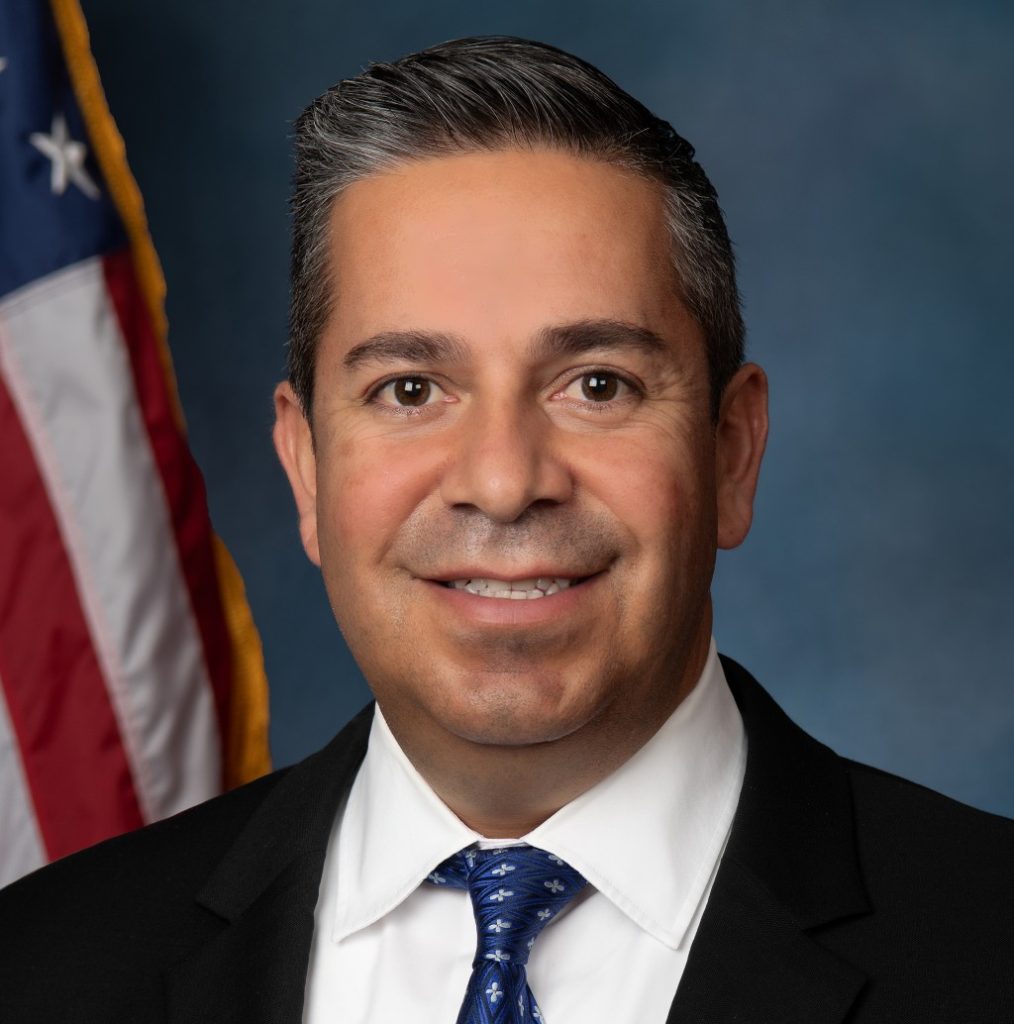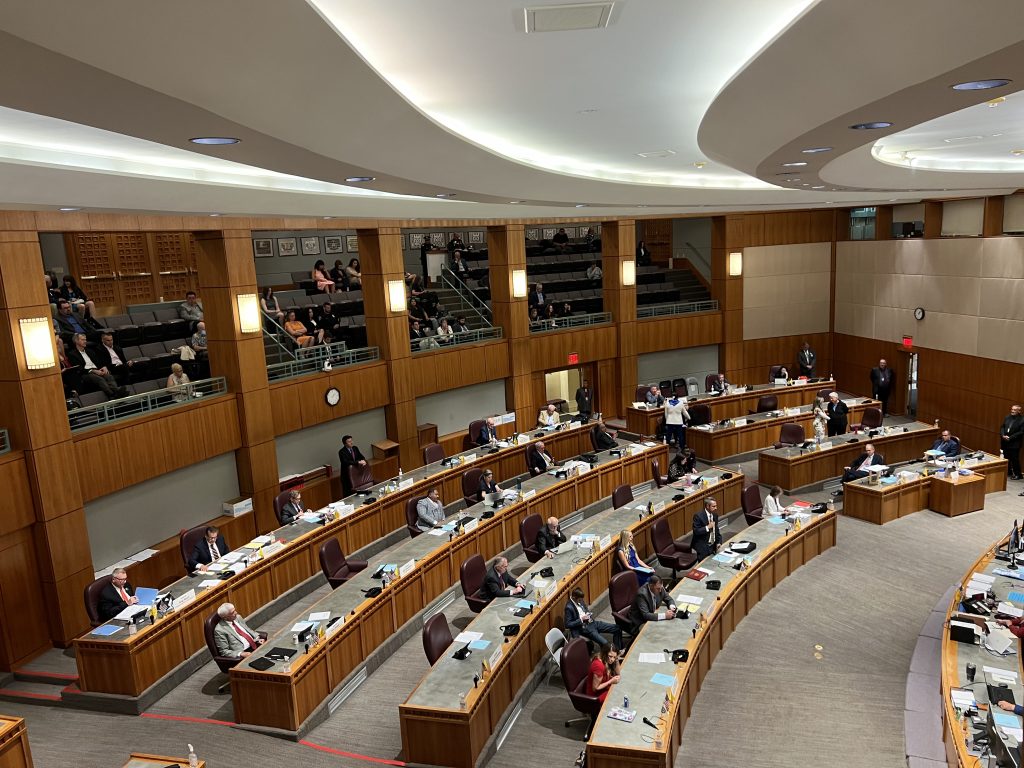The House Judiciary Committee passed a bill to update the Oil and Gas Act on a 7-4 party-line vote late Wednesday.
Sponsor Rep. Kristina Ortez, D-Taos, said the changes are needed due to the rapid growth that New Mexico has seen in oil and gas production.
She said the bill will update the ability of the Oil Conservation Division to assess fees and penalties as well as the ability to oversee well transfers and will update requirements related to financial assurances. Additionally, she said it will codify the methane waste rule.
“These targeted updates are designed to ensure that oil and gas development, which is critically important to the state, is done responsibly, and that the agencies with oversight responsibility have the tools necessary to ensure compliance,” she said. “The bill has measures to adequately protect New Mexico taxpayer dollars from being used to clean up large numbers of orphaned wells and to ensure that the financial resources are available to plug those wells when they are orphaned if those protections prove inadequate.”
She said the bill is designed to address current and future wells.
Ortez brought a committee substitute to make various changes to the bill from what passed its last committee.
Those changes include a tiered system for financial assurances. The changes also reinstate a cap on the penalties that the OCD may collect for a single violation. That cap would be $3.65 million. The final change had to do with the language in codifying the methane waste rule.
Committee discussion included the tiered rate of financial assurances. These financial assurances are in place to ensure that if a company goes out of business, their oil or gas wells are properly remediated.
The amount is based on how many wells the company owns.
Rep. Matthew McQueen, D-Galisteo, said that even the new levels of financial assurances won’t be enough to cover the gap in funding available and cost to remediate wells.
“We know that this is a boom or bust industry. We know that. And there’s a very good chance that when things go bad, they will go very bad,” he said. “And these amounts are not going to be adequate. They’re gonna be better than what we have now. But they’re not adequate. And we should all be concerned when we hear the operators say they can’t afford this. They can’t afford this insurance. Because if they can’t afford this insurance now they’re not going to survive the downturn.”
While oil and gas interests opposed the bill, citing reasons like disproportionate harms to small operators or excessive regulations, they were not alone in opposition. Several environmental advocacy groups joined the oil and gas interests in opposing the bill.
This was something noted by Speaker Javier Martinez, D-Albuquerque. He noted that there were people opposed to it saying that it is too harsh and others saying that it is not harsh enough.
The environmental advocacy groups oppose the bill because several provisions were taken out during the House Energy, Environment and Natural Resources Committee discussions that preceded the Judiciary debate.
Gail Evans, an attorney with the Center for Biological Diversity, was one of those environmental advocates who expressed opposition to the bill.
“We had such high hopes when we learned that the oil conservation division was going to propose amendments to the Oil and Gas Act,” she said.
She said the health buffer zones that were intended to protect people from oil and gas related pollution were stripped from the bill along with protections that it included for freshwater resources.
“We watched as those protections were stripped down and down and down, and finally completely removed from the bill,” she said. ‘At this point, this bill does not contain any protections to improve air quality for frontline communities, and it doesn’t protect our freshwater resources from fracking. So instead of standing up to industry and putting in place actual public health and environmental protections, we’re left with a bill that is completely bowed down to the oil and gas industry.”
HB 133 now heads to the House floor.

